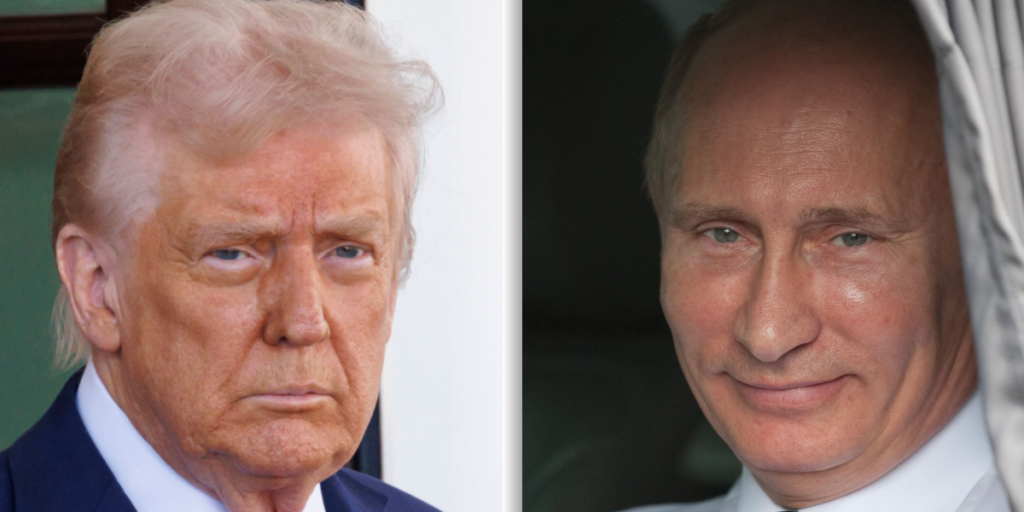The question is, if it will have the intended effect.
Others are reading now
The question is, if it will have the intended effect.
What is happening?
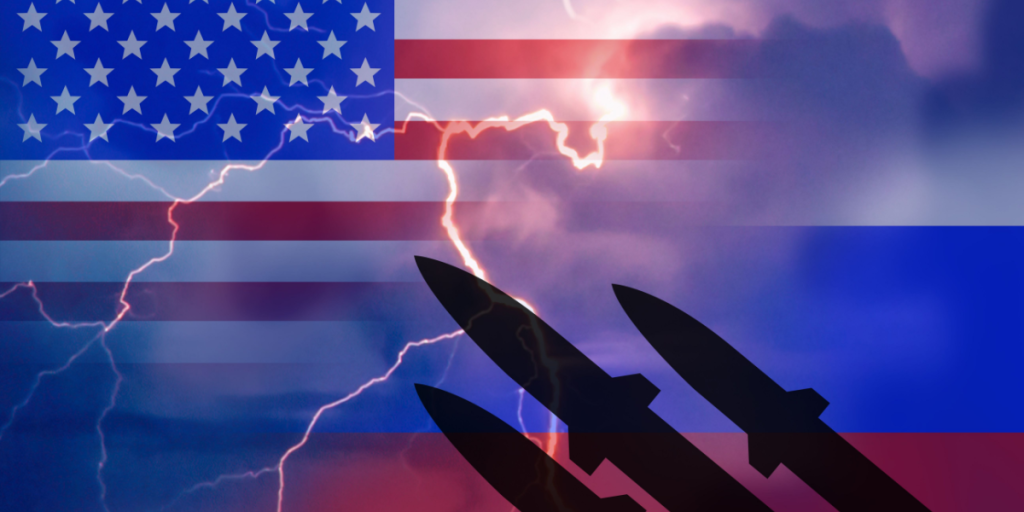
The Kremlin is intensifying efforts to pressure the United States by withdrawing from long-standing nuclear arms agreements, the Institute for the Study of War (ISW) suggests.
On October 8, the Russian State Duma formally denounced the Plutonium Management and Disposition Agreement (PMDA), a Cold War-era deal that committed both countries to disposing of surplus weapons-grade plutonium.
A deal to reduce nuclear risk

Signed in 2000 and activated in 2011, the PMDA required both nations to eliminate at least 34 tons of plutonium—enough to make thousands of nuclear weapons.
The agreement was designed to reduce stockpiles and limit the risk of nuclear proliferation, symbolizing a cautious era of cooperation between Washington and Moscow.
Also read
Putin already hit pause in 2016
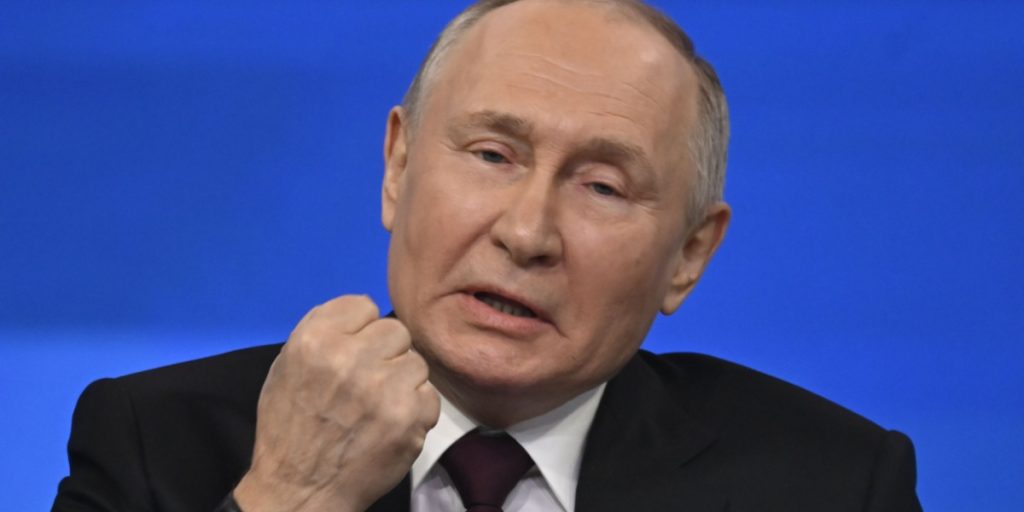
Russia’s withdrawal may seem sudden, but the process began nearly a decade ago.
In 2016, President Vladimir Putin issued a decree suspending Russia’s participation, citing grievances including NATO’s expansion, US sanctions, and military deployments in Eastern Europe.
Kremlin cites ‘anti-Russian’ US actions
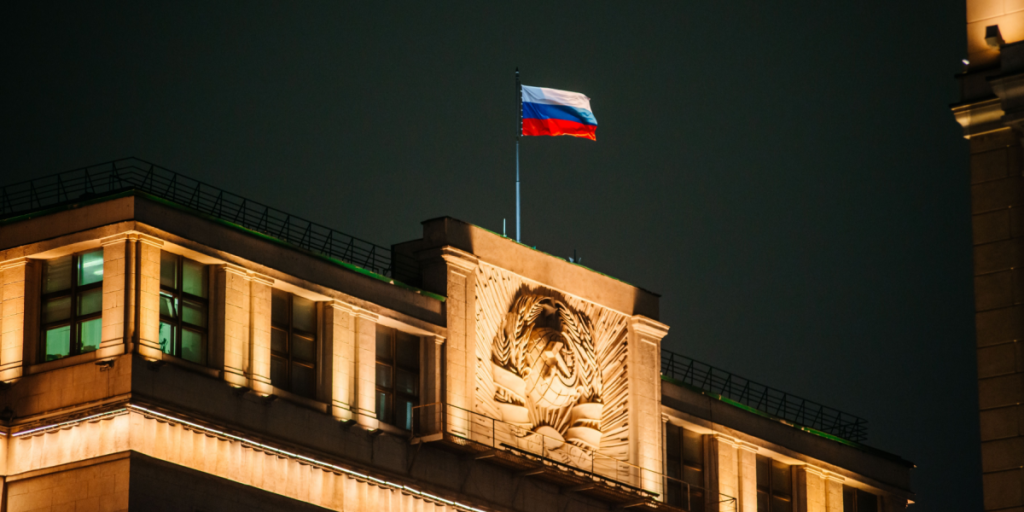
The Duma justified the move by accusing the US of taking “anti-Russian” steps that undermined the strategic balance envisioned when the PMDA was signed.
These steps, lawmakers argued, pose new threats to Russia’s national security and render the original agreement obsolete.
Moscow shifts blame to Washington

Russian officials insist that the United States is at fault for the agreement’s collapse.
Also read
Deputy Foreign Minister Sergei Ryabkov called continued adherence “unacceptable” and “inappropriate,” claiming that the current political climate makes cooperation impossible.
“The graveyard of arms control”
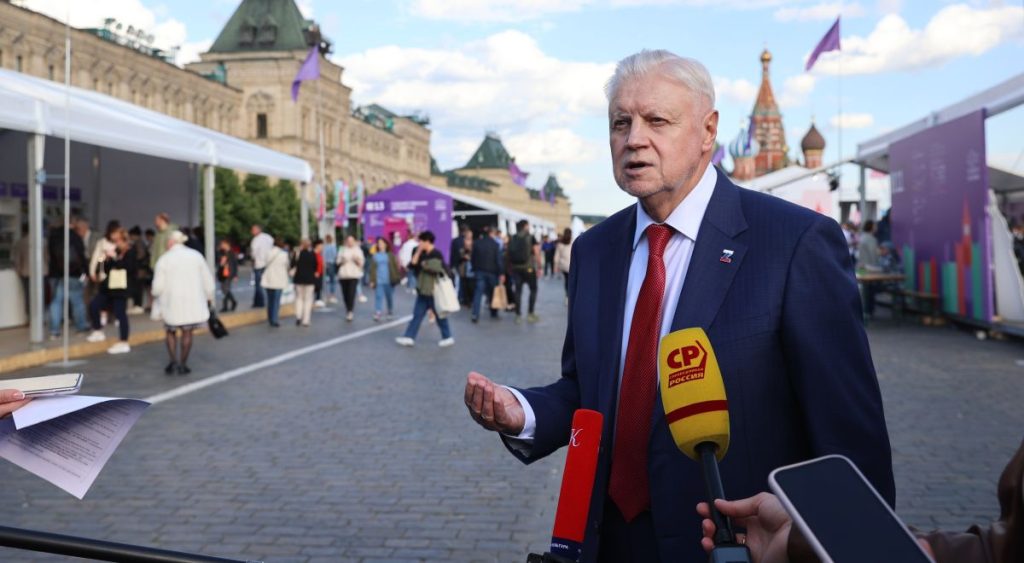
Ryabkov painted a bleak picture of arms control in general, accusing the US of causing the collapse of multiple treaties.
He said destructive US policies had “discarded” the principles of strategic stability that guided nuclear agreements for decades, turning them into a “graveyard” of failed diplomacy.
Duma leaders scoff at old treaties
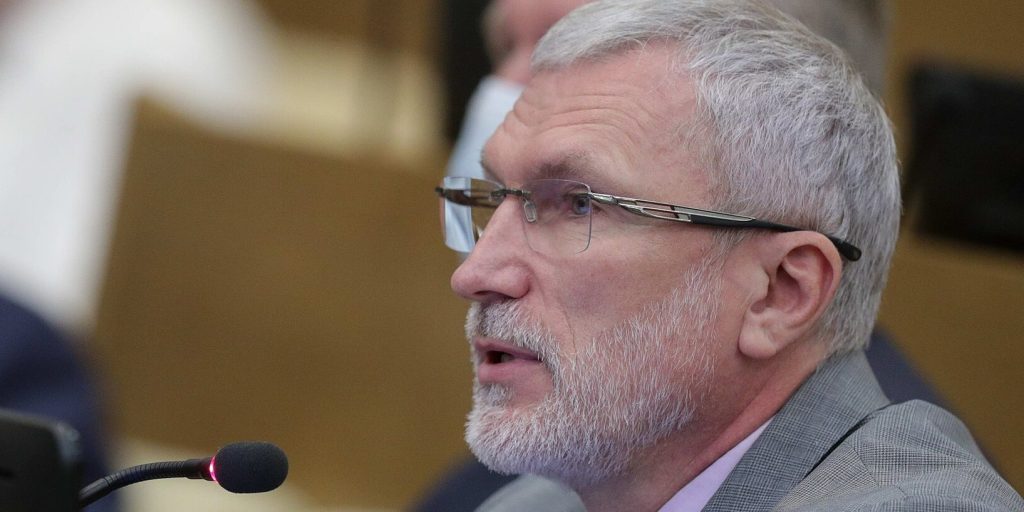
Top lawmakers argued that sticking to Cold War-era deals no longer makes sense.
Alexei Zhuravlev of the Duma Defense Committee claimed the West is provoking an arms race and that Russia should focus on developing “the best weapons in the world,” not honoring outdated limits.
Also read
A conditional olive branch
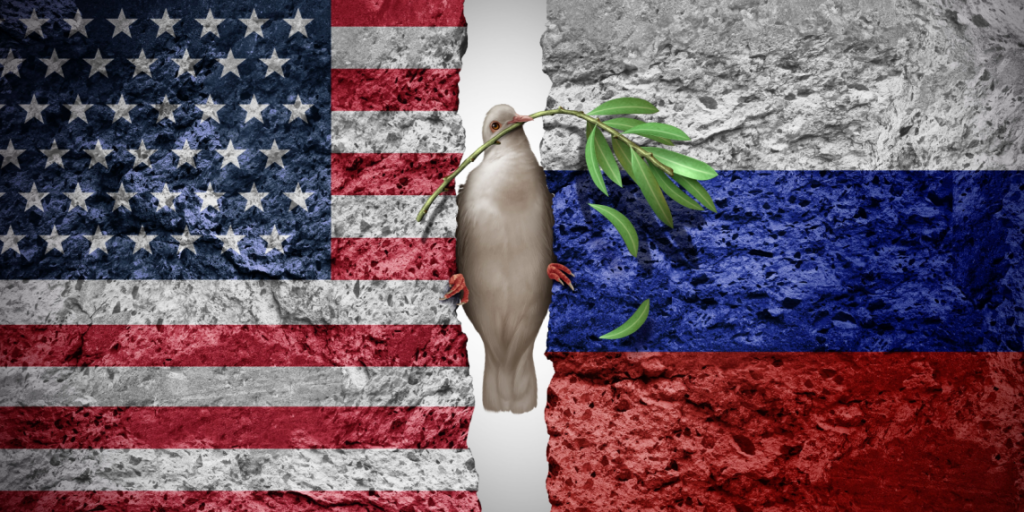
Interestingly, some Russian officials hinted at future cooperation—on Moscow’s terms.
Vyacheslav Nikonov of the Duma’s Foreign Affairs Committee said talks could resume “if the United States behaves well,” suggesting the withdrawal might be used as leverage rather than a final break.
Volodin: Treaty should have ended long ago
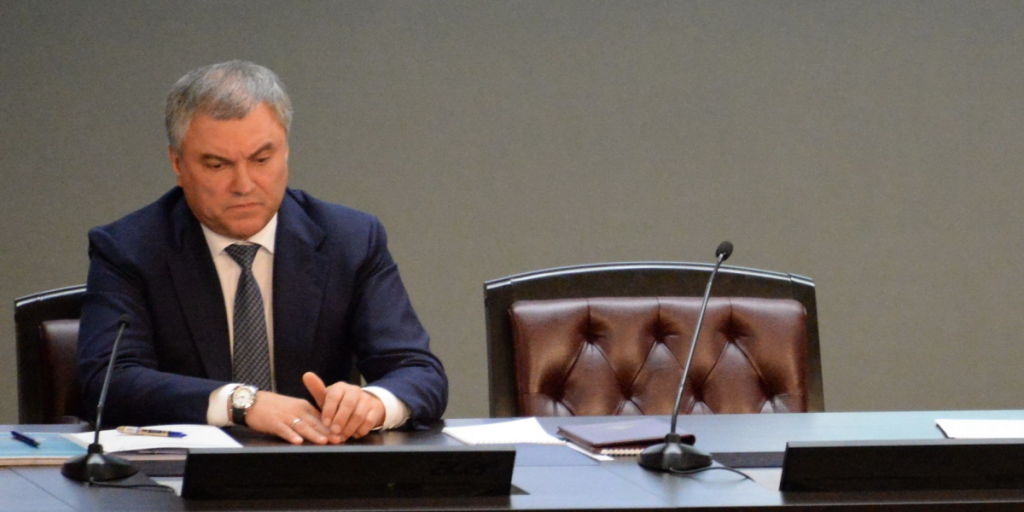
Duma Chair Vyacheslav Volodin took a harder line, declaring that Russia should have quit the PMDA years ago.
He warned that anyone hoping to exploit Russia through such agreements would fail, adding that current conditions make treaty commitments unwise.
Echoes of the INF Treaty breakdown
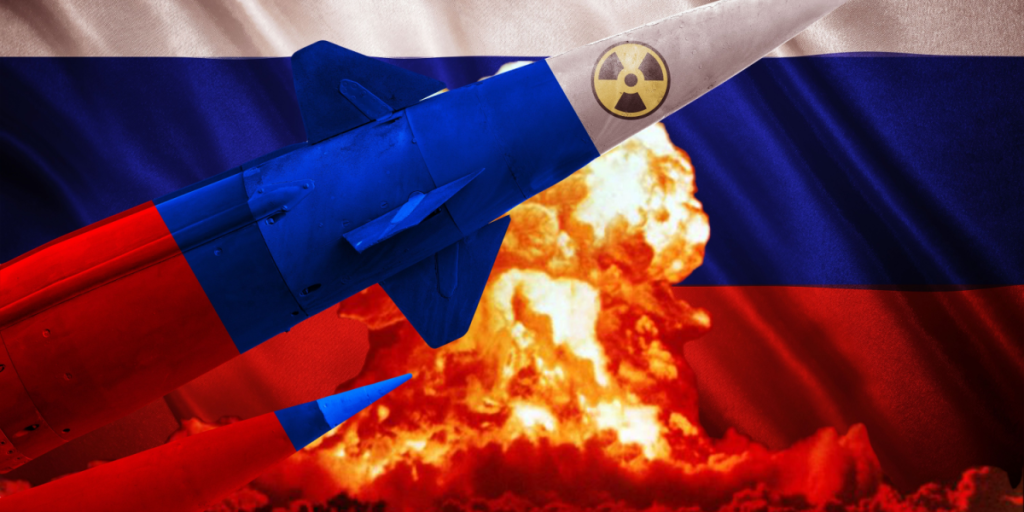
Russia’s exit from the PMDA follows a pattern.
Also read
The Kremlin withdrew from the Intermediate-Range Nuclear Forces (INF) Treaty in August 2025, years after the US suspended its participation over Russian violations.
These staggered exits allow Russia to reintroduce old issues at politically advantageous moments.
Strategic distractions from Ukraine

Analysts suggest these treaty withdrawals are less about arms control and more about shifting US focus away from Ukraine.
By stirring concerns over a renewed arms race, Moscow may hope to redirect American attention toward broader US-Russia negotiations—and away from its military actions.
New START becomes the new carrot
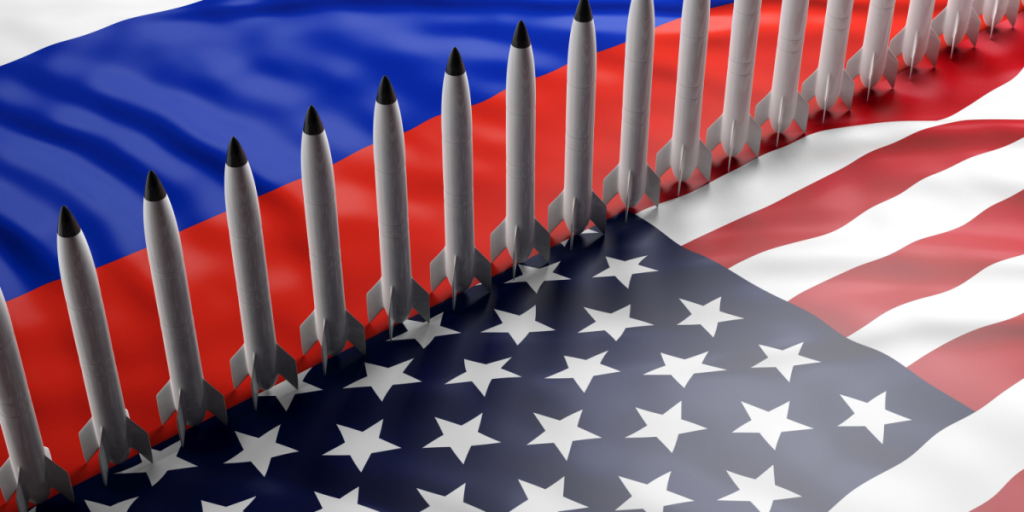
Alongside threats of escalation, the Kremlin has offered incentives. Russia recently proposed a one-year extension to the New Strategic Arms Reduction Treaty (New START), set to expire in February 2026.
Also read
This suggests a dual strategy: pressure the US while offering limited engagement to keep dialogue alive.

